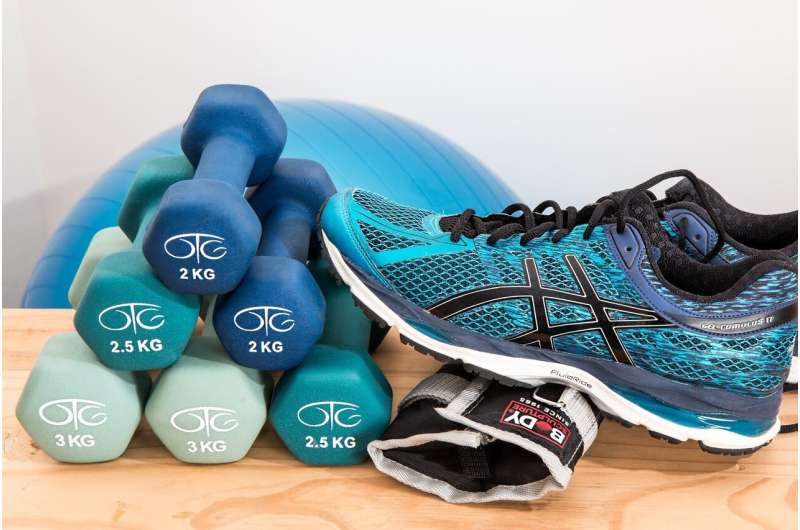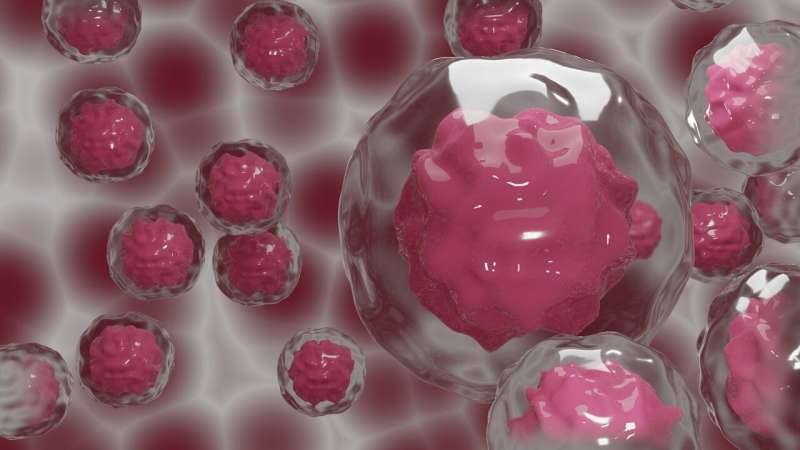Understanding Exercise: Insights from a Cardiologist on the Body's Response to Physical Activity

Prashant Rao, MD, a dedicated cardiologist at Beth Israel Deaconess Medical Center, combines clinical expertise with innovative research to explore how the body responds to exercise at a genetic and molecular level. His work aims to discover new biomarkers for cardiovascular disease, identify potential drug targets, and develop therapies known as "exercise mimetics"—treatments that could emulate the benefits of physical activity for those unable to exercise freely.
As part of BIDMC's Program in Personal Genomics and Cardiometabolic Disease, Dr. Rao leverages advanced technologies to map complex biological changes during and after exercise. One of their major projects, the Molecular Transducers of Physical Activity Consortium (MoTrPAC), investigates the molecular effects of endurance and resistance training, collecting blood samples, tissue biopsies, and clinical data before and after exercise interventions. Early findings are providing valuable insights into why individuals respond differently to physical activity.
Dr. Rao explains that modern proteomics, the large-scale study of proteins, allows scientists to analyze thousands of molecules in blood samples quickly and efficiently. These studies have revealed that responses such as blood pressure changes during exercise can predict cardiovascular risk decades later, opening the possibility of identifying blood biomarkers to assess future disease risk without stress tests.
On a personal note, Dr. Rao reflects on how genetic differences influence exercise response. He shares a story about himself and his brother, both avid runners but with differing performances, highlighting the importance of genetics in exercise adaptation. The goal of this research is to tailor personalized exercise interventions that optimize health benefits.
Watching events like the Boston Marathon, Dr. Rao's perspective as both an athlete and researcher merges. He observes the determination of runners, considers the underlying molecular mechanisms of endurance, and remains vigilant about the cardiovascular health of participants, especially those with pre-existing conditions. His curiosity drives ongoing research to decode how different people's bodies respond to exercise and how to harness these insights to prevent disease and improve health outcomes.
Stay Updated with Mia's Feed
Get the latest health & wellness insights delivered straight to your inbox.
Related Articles
Insurers Contend with Rising Costs of GLP-1 Medications and Consider Patient Deprescription Strategies
Rising costs of GLP-1 medications lead insurers to restrict coverage and explore deprescription strategies, impacting patient care and weight management efforts.
Innovative Approach Uses Engineered Immune Cells to Develop Advanced Cancer Vaccine
Scientists at Mount Sinai have developed a novel method to produce billions of functional dendritic cells, opening new pathways for universal cancer vaccines and enhanced immunotherapy treatments.
Advanced Microscopy Uncovers How Hippo Pathway Proteins Regulate Gene Activity in Cancer
New microscopy research reveals how Hippo pathway proteins control gene activity in cancer, opening avenues for targeted therapies against mesothelioma and other cancers.
Innovative Soft Bioelectronic Fiber Enables Real-Time Monitoring of Multiple Biological Processes
Stanford researchers have created a soft, ultra-thin bioelectronic fiber capable of simultaneously monitoring hundreds of biological signals, opening new avenues in medicine and bioengineering.



